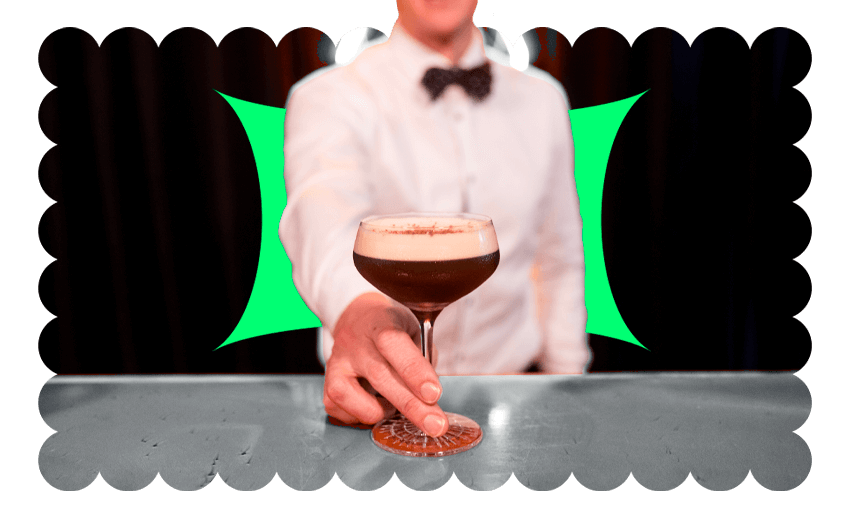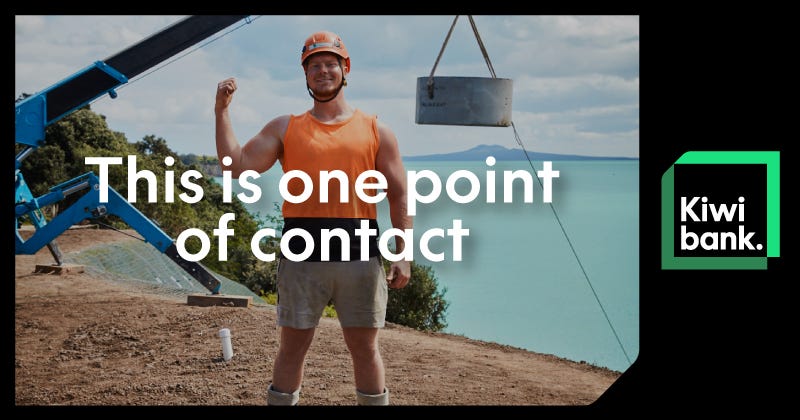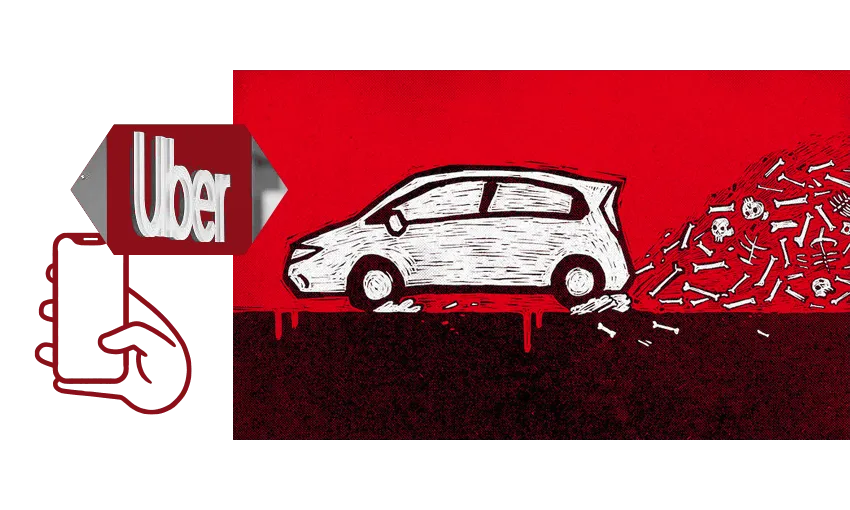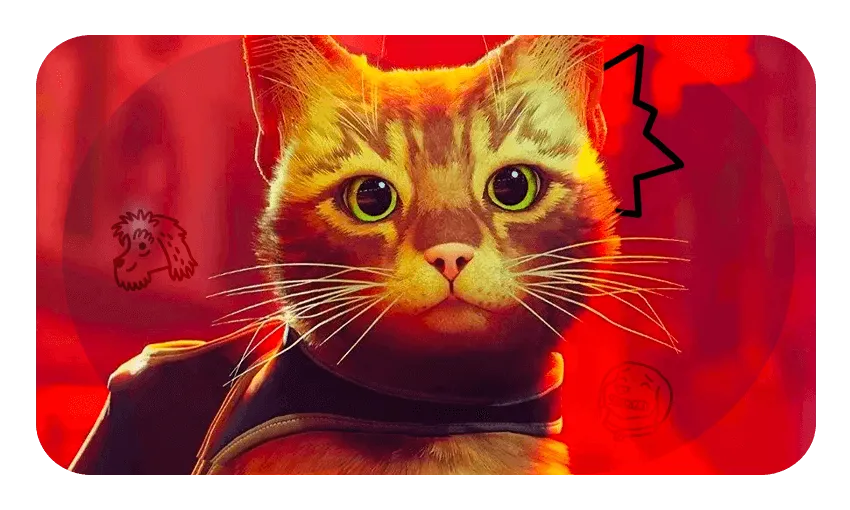Dry July's nearly over, but the 0% alcohol trend is here to stay
Getting off the booze? Staying off the booze? You're not the only one...
Kia ora and welcome to this weeks Stocktake, in partnership with Kiwibank. A few weeks ago, I wrote about the staffing shortages that are being felt across the country. A quick recap: open borders and increasing Covid cases are making an acute problem even worse. Over the past week, I’ve noticed this becoming even more pronounced: In Queenstown, restaurants are turning away diners and serving set menus of just two dishes, pharmacies are being affected, Tegal is redeploying staff, and Air NZ has asked for volunteers. My nearest library has been closing early, and our local pizza place has cut its menu right back – they just don’t have the staff. I’ll keep monitoring this, because, as the EMA’s Alan Donald told me, “This is across the board, all skill levels, all sorts of sectors [and] all over the place.” This week: the zero alcohol trend.
- Chris Schulz, business editor
‘It’s an easy escape and the next day it’s even worse’
The other day, a colleague bought Frankie Walker a drink during work hours. It was 2pm on a Tuesday - yet this wasn’t unusual. “He was working on some new cocktail designs (and) he bought me a variation of a Negroni (an Italian cocktail comprising gin, vermouth and Campari) to my desk,” says Walker, the founder of Auckland-based events company Black Pineapple. “There aren’t many places where that’s legit.”
Alcohol is Walker’s life. For the past 25 years, he’s worked in a range of positions across the hospitality industry, first as a bartender, then progressing to luxury spirits ambassador for alcohol juggernaut Lion Nathan, before founding Black Pineapple in 2016. He did so after attending one function too many where drinks were an afterthought. “It made me really pissed off,” he says. He thought: “Why do the drinks always suck?”
Now, he and his six-strong team design cocktail and drinks menus to order, hosting everything from corporate functions to weddings. Alcohol is everywhere he looks. Walker is, as we talk, “literally surrounded by the stuff” in his Kingsland office, which also houses a small cocktail lounge. Friday afternoon work drinks often mean polishing off everything that’s left over from the week’s activities. “Life’s too short to drink shit drinks,” says Walker’s website bio.
But, lately, Walker hasn’t been touching any of it. Driven to drink by lockdowns and the stress of running a business that went from “400% growth to zero revenue overnight”, Walker realised his life was out of balance. “For me, it’s about looking at my relationship with [alcohol],” he says. “There are times I’m … using it to escape or deal with the worries I have or deal with concerns that then come back twice as hard the next day. It’s an easy escape and the next day it’s horrific, it’s even worse.”
So, about three months ago, he stopped drinking. That fresh Negroni that landed on Walker’s desk? He didn’t drink it. “I had to just say to him, ‘Look, I’m actually not drinking at the moment.’” He hasn’t given up for good, but Walker says becoming “sober-curious” has helped him re-evaluate the role alcohol plays in his life. He says he’s fitter than ever, and able to deal with life’s dramas without alcohol. “Let’s just find some new patterns of behaviour,” he says. “Let’s find some new ways to deal with stress.”
He’s not alone. After two years of alcohol dependency caused by pandemic-related stress, many are rethinking their relationship with booze. High-profile journalists Guyon Espiner and Patrick Gower both made documentaries about their own journeys towards sobriety. Many others are doing the same. Walker cites an industry statistic that says 80% of drinkers are looking to cut back or abstain. After my own lockdown incident with gin, I started doing the same thing.
That’s led to a huge rise in demand for low- and no-alcohol drinks. Some local beer companies, including Garage Project and Sawmill, say they can’t make enough zero-alcohol beers to keep up with demand. Recently, I met with Grant Caunter, Heineken’s former craft beer boss who gave up the booze and his high-flying career to start his own zero-alcohol brand called State of Play. He believes the zero-alcohol market is on the same trajectory that craft beers were before the pandemic. “It’s 2% of sales [now]. In 12 months it will be 3%, 4% in 18 months, 7% in three years…”
Caunter seems to be right. In fact, he might even be underestimating just how fast the trend has taken off. New research out today from Unleashed Software that surveyed 39 independent Australasian breweries includes a number of key findings:
No- and low-alcohol beer now accounts for 3.5% of the international beer market, and the industry category is worth a whopping $US10 billion.
Brewers who add a no- or low-alcohol product to their range average 41% of sales growth in the following 12 months.
Those that have a no- or low-alcohol beverage average 29% year-on-year growth, compared to 9% for those that don’t.
Some brewers have seen revenue more than double after adding a zero-alcohol drink to their range.
Clearly, there’s money to be made out of the craze. Businesses that don't jump on the bandwagon are falling off in a big way. “[This] research shows, pretty unequivocally, that no- or low-alcohol offerings are a very good thing to have on the books,” says Unleashed’s Gareth Berry. “It’s opening up revenue streams and changing consumer behaviour.”
That’s also been true for Walker. He and his team have formulated 0% cocktail recipes using spirit alternatives to help cope with demand during Dry July. They’ve taken off online, where he offers cocktail recipes and supplies, a pivot that helped save Black Pineapple when lockdowns began. “It’s growing,” he says. “There’s more awareness … there’s more talking about it. There’s an acknowledgement that New Zealanders come from a bad drinking culture and we understand where that comes from. I think we’re unpicking that troublesome relationship.”
Walker’s also been getting more requests to cater functions – and weddings – with fully stocked ranges of 0% drinks. The night before our interview, he hosted a function for 200 insurance industry representatives that offered alcoholic and non-alcoholic versions of the same drink. “We had an ‘old-fashioned’ drinks trolley with a non-alcoholic whisky,” he says. About 20% chose not to drink, but they still had options. “We believe that whether you’re drinking or not drinking you should still have choices and you shouldn’t be singled out to look different,” he says. “We’re celebrating non-drinkers.” I’ll drink (a 0% beer) to that.
Business banking made simple, with Kiwibank: Kiwibank wants to help your business to soar, just like it has with thousands of other business banking customers.
Kiwibank’s business banking experts can also manage your everyday banking, so you have one point of contact for both – saving you time and making your life easier. Find out more about how you can simplify your banking with Kiwibank.
The story we’re obsessed with: Uber
How often do you use Uber? Once a month? Once a week? A couple of times a day? Terry Baucher says further revelations about the toxic nature of the ride-sharing behemoth, which avoided up to $12.8m in corporate income tax in New Zealand in 2020, shows we must stop turning a blind eye in favour of convenience. Like Google and Facebook, Baucher claims it’s yet another case of customers “happily accepting the benefits of often questionable business practices and aggressive tax planning but turning a blind eye to their consequences”. He’s dug into The Guardian’s Uber Files series to bring you this compelling read about why you might need to rethink your addiction to Uber.
The headlines you need to know …
There’s no denying the power and influence of TikTok right now. That’s why Instagram and YouTube are desperate to mimic its success with short-form video. Shanti Mathias reports there’s one big problem: they’re very bad at it.
How did you spend your lockdown? Corey Ealand spent his designing a giant inflatable obstacle course for adults, then finding someone who would make it and ship it here. Now it’s up and running, will it all be worth it?
David Farrier’s Webworm newsletter led the way on the controversial court decision between local toy company Zuru and employee reviews site Glassdoor. Anna Rawhiti-Connell explains what it means for employers.
Ever wondered how far Levi’s is willing to go to look good? Reweti Kohere spends 24 hours with the brand and discovers buffalo mozzarella balls and 100% organic linen is just the start of it.
There’s a massive dead zone in the middle of Auckland’s central city, and it’s getting worse. A recent break-in at the mothballed St James Theatre saw tens of thousands of dollars worth of damage and ancient artefacts stolen. Now, owner Steve Bielby has one final plan to save the much-loved venue.
I’ve talked about electric cars here before (my son would like Stocktake to make a hard pivot to discuss this and only this) but Rivian, a very small EV manufacturer, is a story worth following. The EV startup is ultra-hyped, but so far this year, it has delivered just 5,000-odd cars. The kicker? Amazon just ordered 100,000 of them.
Half-price bus and train fares are good, but wouldn’t completely free fares be even better? In the latest episode of his podcast series When the Facts Change, Bernard Hickey asks transport and urban planning academic Jen McArthur what the hold-up is.
If you read only one Twitter thread today, make it this one about Sweden’s Museum of Failure that includes 150 corporate shockers including the Nintendo Power Glove, the Apple Pippin and spray-on condoms.
Finally, here’s something we’ve been toying with …
Look at that cat. Look at its cute little kitty face. Don’t you want to be that cat? You can. For a long time, gamers have known that video game subscriptions offer better value for money than similar services for Netflix or Disney TV+. For about the same price, you have access to entire worlds full of playable characters and storylines that can take 100+ hours to finish. Microsoft has Xbox Live which is full of great games, but Playstation has hit back with a revamped Playstation Plus package that includes three tiers. Stray is the game they’re using to promote it, and while it’s an obvious marketing ploy – you can take a cat nap in the game! – my kids and I had too much fun over a rainy weekend to complain. It’s pure catnip (sorry). (Stray, available via Playstation Plus, from $13.95 a month) / Chris Schulz
On a personal note: I just wanted to say thanks to everyone who signed up and is enjoying Stocktake. It’s really heartwarming to see so many of you here each week! As promised, we’ve drawn our winners for the Fix & Fogg competition so congratulations to Claire, who wins a year’s supply of nut butter, and to Judith and Faye, who are getting a six-month subscription. Please get in touch if you think there’s a topic I should be covering here. I love hearing from you!















